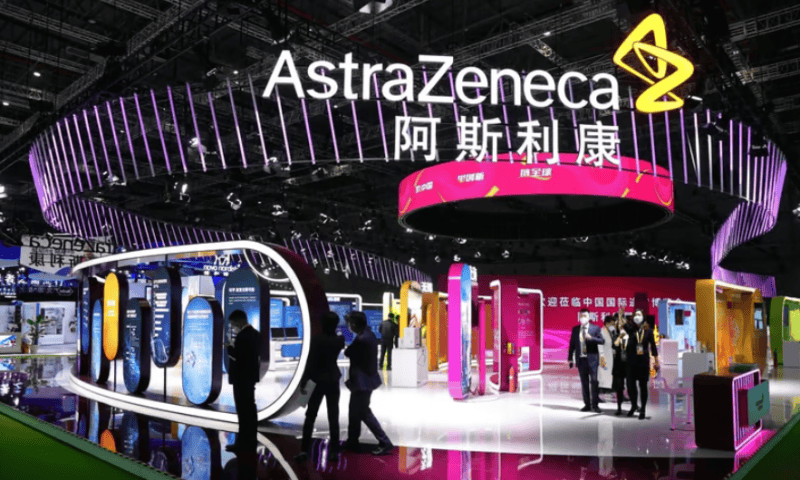AstraZeneca’s business development team has landed another asset in its new favorite hunting grounds. Partnering with a Chinese biotech once again, the Anglo-Swedish drugmaker has secured a spot in the congested KRAS G12D space in exchange for $24 million upfront.
The deal gives AstraZeneca a global license to UA022, a small molecule inhibitor of the once-undruggable oncogene that was in preclinical development at Usynova. The Chinese biotech discovered and advanced the molecule in collaboration with partners including WuXi AppTec, before deciding that AstraZeneca’s offer, which includes up to $395 million in milestones, was too good to turn down.
Licensing UA022 moves AstraZeneca onto turf occupied by a growing set of rivals. The authorized KRAS drugs, Amgen’s Lumakras and Mirati Therapeutics’ Krazati, target G12C-mutated cancer. Those mutations cover around 14% of all KRAS-driven cancers, while G12D mutations are more common.
Multiple drug developers have latched onto the G12D opportunity. Silenseed took a siRNA candidate into phase 2 in 2018, although ClinicalTrials.gov now lists its status as “unknown.” Mirati has an asset in phase 1/2. Astellas, Jiangsu HengRui Medicine and Revolution Medicines are testing G12D candidates in humans too. UA022 is yet to enter the clinic.
The deal furthers AstraZeneca’s long-standing interest in KRAS. In 2012, the drug developer licensed an anti-KRAS antisense oligonucleotide, AZD4785, from Ionis. That candidate never progressed past phase 1, with AstraZeneca pulling the plug after wrapping up a trial in 2019, but the company’s research teams continued to work on the target.
After discovering the KRAS G12C inhibitor AZD4625, AstraZeneca tweaked the molecule to generate the clinical candidate AZD4747. AstraZeneca is years behind the leaders in KRAS G12C, but the potential for its molecule to penetrate the central nervous system could offer a point of differentiation.
AstraZeneca’s desire to add a KRAS G12D inhibitor to its pipeline took it to China once again. This year, many of AstraZeneca’s deals have involved Chinese partners, with the drug developer forming pacts with Eccogene, LaNova Medicines and KYM Biosciences.

